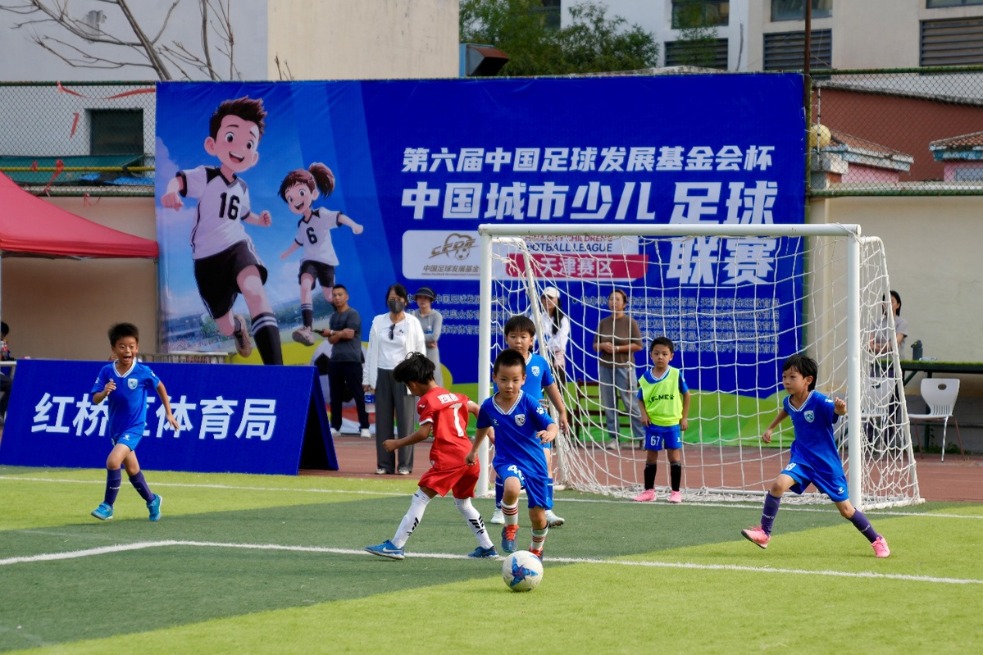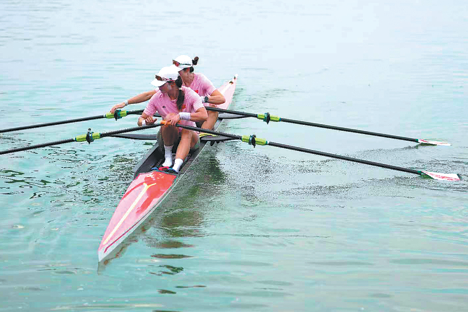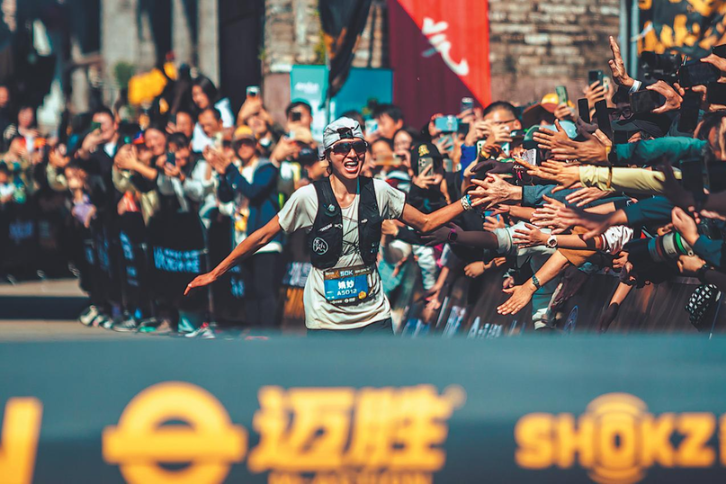Rapid response teams at the ready for Beijing 2022


Specially trained medics on call on the mountains
With Beijing 2022's medical team capable of responding to emergencies within four minutes, skiers and snowboarders can rest assured they will be in safe hands at next year's Winter Olympics and Paralympics.
Specially trained to work on the mountains and snow, medical staff are fully prepared to deal with any injuries or emergencies that may occur during the Games.
During a rescue drill in the Yanqing competition zone in March, it took only four minutes for the helicopter to arrive at the scene before the mock patient was transferred to a medical station.
Although China is a relative newcomer to providing elite-level medical services in winter sports, a specially trained team of doctors-boasting the requisite mobility on the snow-has been formed.
According to International Ski Federation (FIS) guidelines, medical teams should include a chief of medical and rescue services, ski patrol, trauma teams and team physicians.
The FIS guide stipulates that trauma teams should have "advance cardiac" or "advance trauma life support" qualifications and be able to reach any critically injured athlete within a maximum of four minutes.
Since 2018, more than 10 hospitals in Beijing and Hebei province have recruited expert clinical personnel to form a medical care team for Beijing 2022.
Over the past few seasons, the doctors have received plenty of alpine skiing training and are now able to dash to any corner of the course carrying medical equipment weighing up to 15 kilograms.
The doctors also need to be skilled in administering the correct treatment in sometimes freezing conditions.
Fu Yan, a member of the intensive care department at Xiyuan Hospital of the China Academy of Chinese Medical Sciences, cited the example of intubation-the process of inserting a tube into a patient's body for breathing purposes-to illustrate the difficulties doctors can face on the mountains.
"It's not that easy on the snow. You have to take off your gloves, kneel, lie on your stomach or on your side," Fu explained. "And soon you can't feel your hands."
In order to intubate faster and more accurately, Fu practiced on a dummy until she developed muscle memory. Now, it takes her less than 10 seconds to perform this procedure.
Besides the weather, the terrain of ski resorts also poses challenges for the doctors. Fu recalled how their instructor chose various tricky and secluded spots to test them during their training.
"Do you find a flat place for injured athletes and wait until you have rested enough?" Fu mimicked the instructor's no-nonsense approach to the training. It was under such strict tutelage that the medical team developed into a solid, streamlined unit which excelled during Beijing 2022 test events earlier this year.
"There may be accidents during the race, but there must be no accidents in medical care," Sun Xu, a ski doctor, said.
The FIS medical guide also emphasizes the phrase "load and go"-which refers to the urgency level required to save life and limb during a patient's transportation to a medical facility. The extent of emergency responses varies depending on the location of the incident, the availability of medical support and transport capacity.
Wang Tianjun, senior doctor at Hebei Province People's Hospital and medical director at Genting Snow Park in Chongli, Zhangjiakou, said that 14 fixed medical stations and 29 FOP (field of play) stations were set up during the test events last year, as well as a rescue network that includes helicopters and ambulances.
As stated in the FIS medical guide, the health and safety of all those involved in competition is a primary concern for organizers. With Beijing 2022 less than two months away, hospitals in Zhangjiakou and Yanqing district are fully prepared to provide the best possible medical services during the Games.
Xinhua
Most Popular
- Youth soccer league gets ball rolling nationwide
- PSG striker Dembele wins Ballon d'Or
- Grace under fire
- Paddleboard competition boosts sports, culture, tourism in Changjiang
- Multiple marathon events attract thousands across China
- Tianjin hosts China-Australia light volleyball friendly match





























